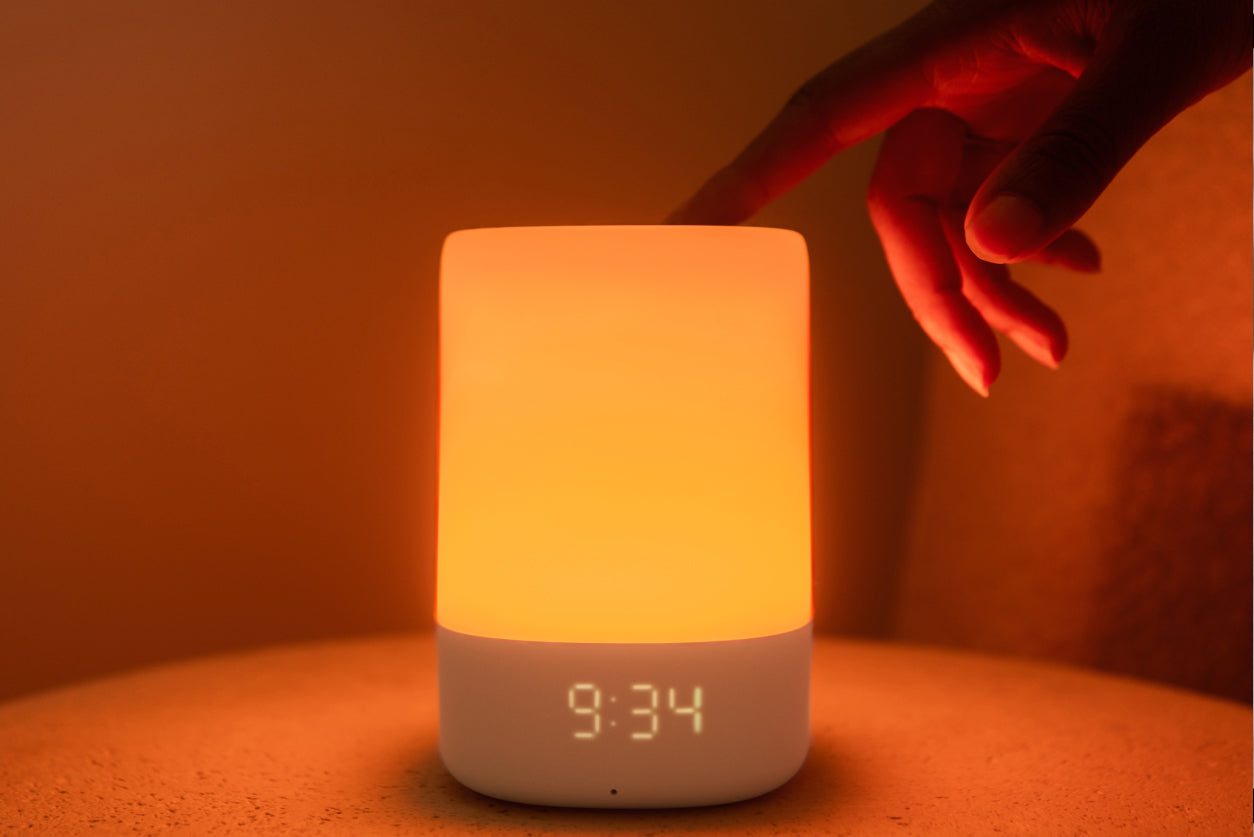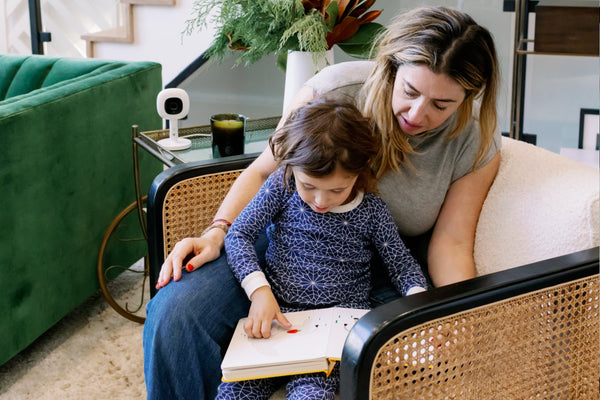Pregnancy is a magical time full of exciting moments—feeling those first kicks, prepping the nursery, and, let’s be honest, navigating the seemingly endless amount of advice you get from, well, everyone. When it comes to sleeping positions, the guidance can feel especially overwhelming. But not all of it is based on facts, and we’re here to set the record straight. Let’s tackle some of the most common pregnancy sleep myths and bust them wide open, so you can rest a little easier (literally).
1. Myth: You Have to Sleep on Your Left Side—No Exceptions
We’ve all heard the sleeping on left side pregnancy myth:“You must sleep on your left side to keep the baby safe.” While sleeping on your left side is often recommended, particularly in the third trimester, it’s not the only option.
Here’s the truth: Lying on your left side is a beneficial sleep position for pregnant women, as it does improve circulation and can help reduce the risk of certain complications, but if you’re more comfortable on your right or even your back for short stretches, it's not the end of the world. In fact, according to the American College of Obstetricians and Gynecologists (ACOG), most sleeping positions are safe in early pregnancy. If lying on your back for long periods feels uncomfortable or leads to dizziness or snoring, your body will naturally signal you to switch positions. “Usually in the third trimester, being on your back is uncomfortable and also increases the chances of snoring,” says Dr. Maristella Lucchini, Senior Clinical Researcher at Nanit Lab. “I would recommend that if you want to sleep on your back, use a propping pillow.”
Remember, don't stress if you wake up on your back or your right side. Just adjust as needed and prioritize overall comfort. Trust your body!
2. Myth: You Can’t Use a Pregnancy Pillow Too Early
Who says you need to wait until your bump is huge to indulge in a pregnancy pillow? Let’s get one thing straight: the earlier, the better when it comes to supporting a healthy pregnancy by making sleep positions as comfortable as possible.
Pregnancy pillows aren’t just for support when your belly starts to grow—they can also help alleviate early pregnancy aches, back pain, and even improve sleep posture, giving you the best sleeping position. Propping yourself up with a full-body pillow can relieve pressure on your hips and knees, and help with heartburn and snoring - making those zzz’s much more enjoyable. And don’t worry, that pillow can stay in rotation post-pregnancy too, becoming the coziest reading or breastfeeding companion.
3. Myth: Pregnancy Will Rob You of All Your Sleep
Yes, pregnancy symptoms come with their fair share of sleepless nights, but it’s not guaranteed that you’ll be awake every night, tossing and turning. The idea that you’re doomed to endless exhaustion for nine months is more fiction than fact.
During the first and second trimesters, many women find they can sleep well, or even need more sleep than usual, thanks to those pregnancy hormones. Sure, your bladder might wake you up for a few extra bathroom trips, and you might have some vivid dreams, but overall, many pregnant mothers find they sleep better than they expected during this time.
The third trimester, or late pregnancy stages, can bring more disruptions, especially with the baby moving around and heartburn becoming more common. But even then, it’s not hopeless. Staying active during the day, eating smaller meals, and propping yourself up with pillows can minimize discomfort and give you a better chance at rest. Keep an optimistic mindset—sleep might be elusive at times, but it’s not a lost cause. If with all of the adjustments noted you still can’t sleep, you might want to check in with your healthcare provider.
4. Myth: You Shouldn’t Nap During the Day
There’s a popular (and unhelpful) belief that if you nap during the day, you won’t be able to sleep at night. But let’s be real—pregnancy is exhausting, and sometimes, your body just needs that extra rest.
Power naps, when done right, are your friend, especially if insomnia is cutting into your nighttime sleep. The key is to keep them short—aim for 20 to 30 minutes so you don’t fall into deep sleep, which can leave you groggy when you wake up. A little afternoon snooze can help recharge your energy without totally derailing your nighttime sleep schedule, but Dr. Lucchini recommends to catch a nap earlier in the day, like after lunch, so as not to affect your nighttime sleep.
Don’t feel guilty about sneaking in some midday shuteye. Growing a human is hard work, and if your body is telling you to rest, listen.
5. Myth: Spicy Food Before Bed Will Give You Heartburn
We’ve all heard about pregnancy heartburn, and while it’s true that many pregnant women experience it, spicy food isn’t always the villain. The real culprit? It’s often larger meals, lying down too soon after eating, or foods that are already known to trigger acid reflux, like citrus or fatty dishes.
That doesn’t mean you need to avoid your favorite hot sauce entirely. If you love spicy food, you can still enjoy it in moderation. Just give yourself enough time to digest before you hit the sack—at least a couple of hours. And if heartburn strikes, sleep with your head elevated or try sipping on some milk. You might find that avoiding heartburn has more to do with meal timing and portion size than the spices themselves.
6. Myth: You Shouldn't Drink Water Before Bed to Avoid Peeing All Night
Here’s a tricky one: You want to stay hydrated during pregnancy, but you’re also trying to avoid endless bathroom trips at 3 a.m. Some well-meaning advice suggests cutting off water in the evening, but dehydration is a far bigger concern than nighttime bathroom runs.
Instead of drastically reducing your water intake in the evening, try spacing out your water throughout the day. You can ease up in the hours leading up to bedtime but don't cut off fluids completely. Staying hydrated is crucial for your body and your baby, and with a little trial and error, you’ll figure out the balance that works for you. And yes, those late-night trips to the bathroom may still happen, but the trade-off is better overall health.
Pregnancy is full of advice—some useful, some not so much. When it comes to sleep, it’s all about finding what works best for your body. If you’ve been feeling the pressure to follow every bit of sleep-related advice you’ve heard, it’s time to let go of the myths. Because guess what? Stress also negatively affects sleep. The bottom line? Prioritize your comfort, listen to your body, and take those pregnancy sleep myths with a grain of salt. Sweet dreams!








































